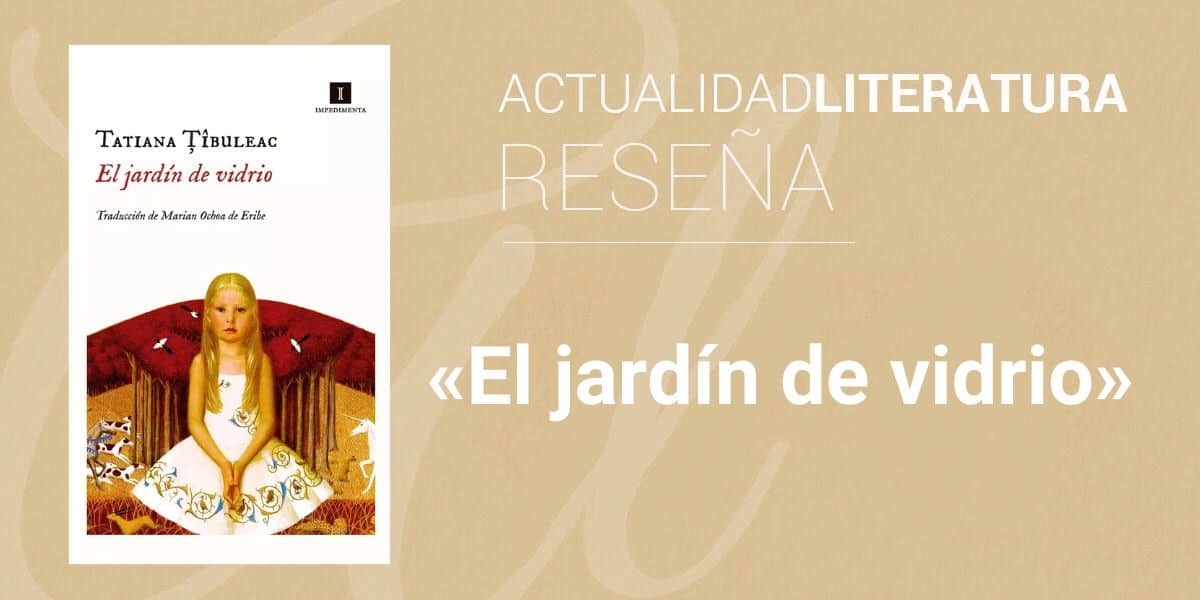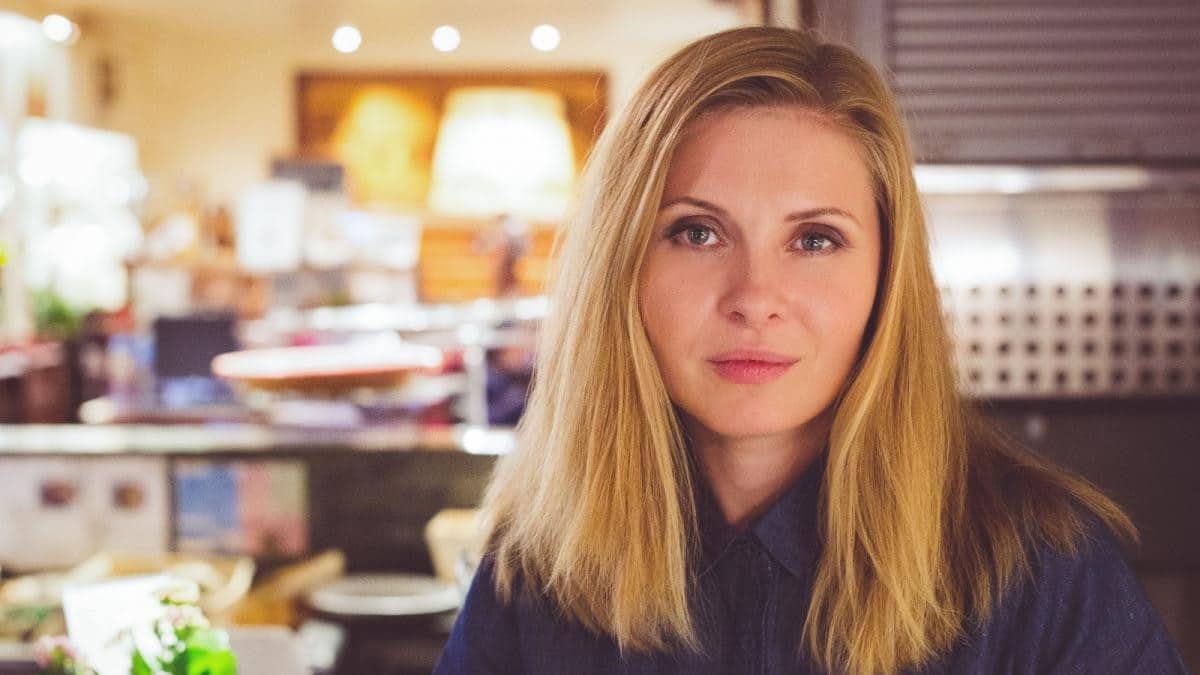
The glass garden
The glass garden (2018) —Grădina de sticlă, by its original title in Romanian— is a work written by the Moldovan journalist Tatiana Țîbuleac. The author is known for having won the Cálamo Prize in 2019 thanks to her first novel: The summer my mother had green eyes. His second encounter with the genre comes from the hand of a book that holds the European Union Prize for Literature (2019).
The glass garden raises some crude ideas about love, unwanted motherhood, pain, loss and the dark feeling that falls on the worst moments of communist Moldova. All these tragic bases are seasoned with a poetic and delicate prose that contrasts with the terrible stories he tells.
Synopsis of The glass garden
An abandoned daughter, an abandoned country
The plot of The glass garden is concentrated in Lastochka, an orphan which He does not know the whereabouts of his parents. She, through thoughts, reflections and memories tells a bleak story fraught with one tragic event after another.
One day, the protagonist says goodbye to the orphanage after being “adopted” by Tamara Pavlovna, a sullen old woman and little given to affections. However, behind the good actions of the old woman hides a macabre intention: the labor exploitation of the girl.
while it grows, Tamara trains Lastochka to learn the trade of collecting and selling bottles and glass. It is in this way that they subsist in a country that has also been orphaned.
Despite the fear and hatred that the protagonist sometimes feels for Pavlovna, the author ensures that the reader realizes that there is duality in each person. Tibuleac makes the point that people aren't evil by choice, and that everyone must face emptiness and desolation at some point, and that changes us.
About the structure of the work
The glass garden It is not a novel told chronologically. In fact, its small chapters are organized as thoughts and stories that show some part of Lastochka's life. These anecdotes can jump from childhood to adulthood of the protagonist without any problem in a matter of a few pages. Even so, the way in which Tatiana Tibuleac weaves the story together makes it understandable.
On many occasions, when the reader thinks they have finally reached a common thread that surrounds everything, the chapter ends. At that time, the story starts at a point in the past or present that, apparently, has nothing to do with the original story. Nevertheless, all these strokes of time have to do directly or indirectly with part of the life of the protagonist. It could be said that The Glass Garden is a hard and unkind puzzle.
About the setting
Through the fragments of story it is possible to put together an emotional structure of Lastochka and the other characters present in the novel, but also of the place where they are forced to live. The play is set in the former Soviet Socialist Republic of Moldova..
In this context, where constant anxiety prevails, the protagonist wonders if she should attend moldaba school and learn their language, while forgetting that everything beautiful in her memories is in Russian. This Moldovan/Russian conflict is a scenario that marks Lastochka in more ways than one, and that reveals his darkest feelings for his present, for his past and for his future.
For example: when the protagonist discovers that Tamara did not adopt her, but bought her, she feels even more hatred and revulsion for her biological parents. At the same time, there is a small part of her that is afraid to love those unknown father figures.
The strongest ties never fade
One of the most important concepts that The glass garden It's about loyalty between women.. Solidarity is essential to build the main character and other women within the plot. For example, the sincere affection that the protagonist feels for her friends Maricica and Olia makes her think about her future —one where, due to ancient customs and traditions, she must be tied to the will of a man.
In the same way, this arch serves to frame Tamara herself, who, outwardly, seems devoid of feelings. Nevertheless, by delving into history it is possible to find goodness in it. This can be denoted when she allows Lastochka to take two sweets instead of one because she feels that she, of all children, must sweeten what appears to be a bitter future.
About the author, Tatiana Țîbuleac

Tatiana Tibouleac
Tatiana Țîbuleac was born in 1978, in Chisinau, Moldova. She is a Moldaba translator, writer and journalist who has achieved great recognition for her subtle pen. Through her texts, she reveals terrible and crude stories about characters who surpass themselves, who forgive and make peace with pain. Țîbuleac graduated from the State University of Moldova, in the area of Fine Letters and Journalism.
The writer was inspired to carve out a career as a literary author thanks to her parents, who were editors and journalists. Tatiana Țîbuleac grew up surrounded by newspapers and books. Over the years, Țîbuleac became a reporter. Later, she was a television presenter. The author has always felt interested in the non-famous, in real people: the poor, the injured, orphans, etc.
Over time, Tatiana Țîbuleac has touched on themes in her books that are not usually common in literature: the harshness of migration, the personal consequences of wars and motherhood without love. Much of this has devastated and inspired her readers, who do nothing but acclaim the moldaba writer's prose.
Other books by Tatiana Țîbuleac
- modern fables (2014)
Awards
- Moldovan Writers Union Award (2018);
- Cultural Observer Award (2018);
- Finalist: Madrid Bookstores Book of the Year (2019);
- Lyceum Award (2019);
- The Bookstores Recommend Award (2020);
- XV Casino de Santiago European Novel Award (2022).
